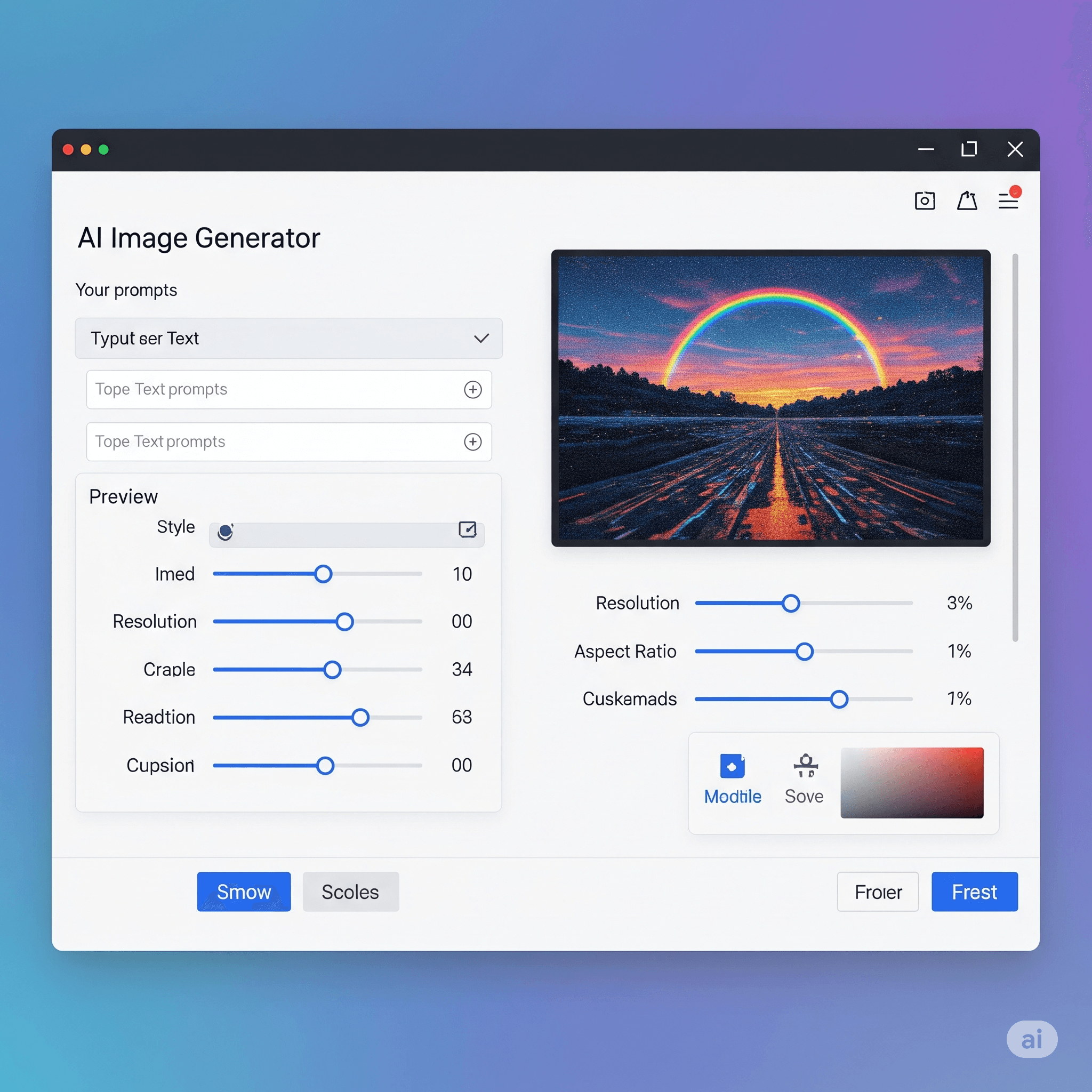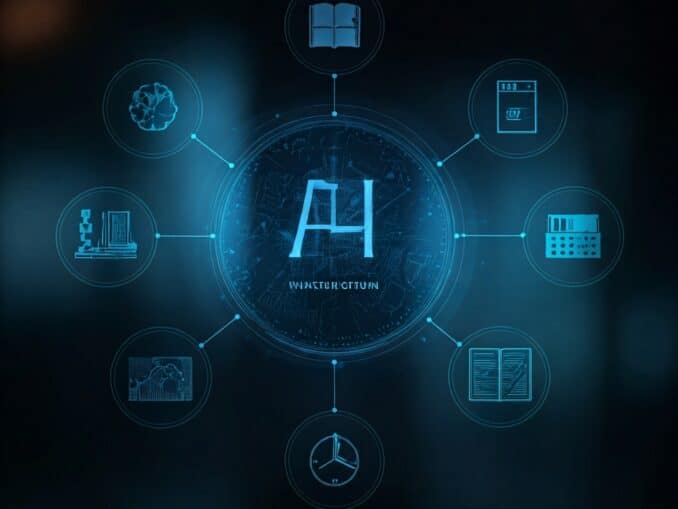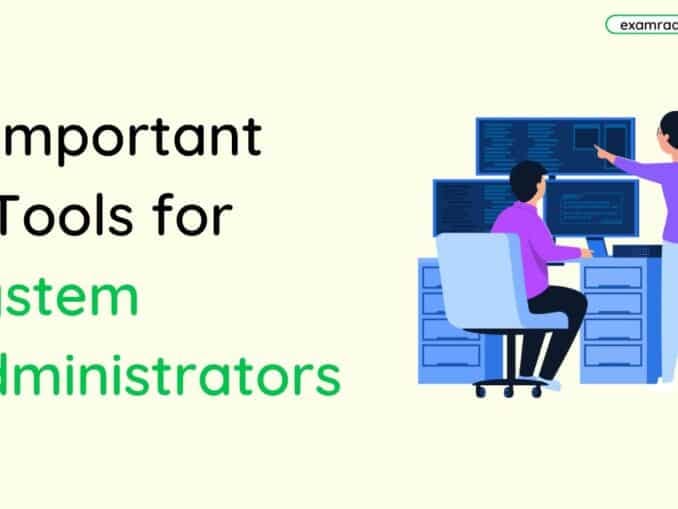Question: Payment Gateway refers to what?
Answer:
A payment gateway refers to a technology infrastructure or service that enables electronic payment transactions to occur securely over the internet. It acts as a middleman between the merchant (seller) and the financial institution (such as a bank) to facilitate the authorization and processing of payment transactions.
When a customer makes a purchase online, the payment gateway securely collects and encrypts the customer's payment information, such as credit card details or bank account information. It then transmits this encrypted information to the payment processor or acquiring bank for verification and authorization.
The payment gateway plays a crucial role in the payment process by performing the following functions:
1. Secure Data Transmission: The payment gateway ensures the secure transmission of sensitive customer payment information by encrypting the data using industry-standard security protocols such as SSL (Secure Socket Layer) or TLS (Transport Layer Security).
2. Payment Authorization: The payment gateway communicates with the customer's issuing bank or card network to verify the payment details and obtain authorization for the transaction. It checks factors such as available funds, card validity, and potential fraud indicators.
3. Transaction Settlement: After obtaining authorization, the payment gateway initiates the settlement process. It securely transfers the payment amount from the customer's account to the merchant's account, typically through the acquiring bank or payment processor.
4. Payment Notification: The payment gateway sends real-time notifications to both the merchant and the customer regarding the status of the payment transaction. These notifications may include confirmation of payment, transaction details, or any errors or issues encountered during processing.
5. Fraud Prevention: Many payment gateways include fraud detection and prevention mechanisms to identify and mitigate potential fraudulent transactions. These mechanisms employ various security measures, such as IP geolocation, device fingerprinting, and pattern analysis, to detect suspicious activities and minimize fraud risks.
Payment gateways are essential for e-commerce websites, online marketplaces, and any business that accepts payments electronically. They provide a secure and reliable way to process customer payments, ensuring the confidentiality of sensitive financial data and offering convenience and trust to both merchants and customers.
MCQ: Payment Gateway refers to
Explanation:
A payment gateway refers to a technology infrastructure or service that enables electronic payment transactions to occur securely over the internet. It acts as a middleman between the merchant (seller) and the financial institution (such as a bank) to facilitate the authorization and processing of payment transactions.
When a customer makes a purchase online, the payment gateway securely collects and encrypts the customer's payment information, such as credit card details or bank account information. It then transmits this encrypted information to the payment processor or acquiring bank for verification and authorization.
The payment gateway plays a crucial role in the payment process by performing the following functions:
1. Secure Data Transmission: The payment gateway ensures the secure transmission of sensitive customer payment information by encrypting the data using industry-standard security protocols such as SSL (Secure Socket Layer) or TLS (Transport Layer Security).
2. Payment Authorization: The payment gateway communicates with the customer's issuing bank or card network to verify the payment details and obtain authorization for the transaction. It checks factors such as available funds, card validity, and potential fraud indicators.
3. Transaction Settlement: After obtaining authorization, the payment gateway initiates the settlement process. It securely transfers the payment amount from the customer's account to the merchant's account, typically through the acquiring bank or payment processor.
4. Payment Notification: The payment gateway sends real-time notifications to both the merchant and the customer regarding the status of the payment transaction. These notifications may include confirmation of payment, transaction details, or any errors or issues encountered during processing.
5. Fraud Prevention: Many payment gateways include fraud detection and prevention mechanisms to identify and mitigate potential fraudulent transactions. These mechanisms employ various security measures, such as IP geolocation, device fingerprinting, and pattern analysis, to detect suspicious activities and minimize fraud risks.
Payment gateways are essential for e-commerce websites, online marketplaces, and any business that accepts payments electronically. They provide a secure and reliable way to process customer payments, ensuring the confidentiality of sensitive financial data and offering convenience and trust to both merchants and customers.
Discuss a Question
Related Questions
- 1. “Collaborative application development” means?
- 2. Electronic Data Interchange (EDI) Means ?
- 3. Which of the following is not correct?
- 4. Match the following terms: <img src="http://examradar.com/wp-content/uploads/2017/02/web-internet-fundamental-mcq-3.png" alt="web-internet-fundamental-mcq-3" width="658" height="199" class="alignnone size-full wp-image-5277" />
- 5. To represent one billion (1 billion = 1000 million), minimum number of bits needed are
- 6. Match the following terms: <img src="http://examradar.com/wp-content/uploads/2017/02/web-internet-fundamental-mcq-4.png" alt="web-internet-fundamental-mcq-4" width="769" height="199" class="alignnone size-full wp-image-5278" />
- 7. “Hotspot” refers to
- 8. Which of the following is not a required component of Aadhaar card issued by UIDAI?
- 9. Which of the following techniques is employed for improving transmission efficiency of digital documents?
- 10. Which of the following does not require OCR software component?
You may be interested in:
Web Fundamental MCQs






